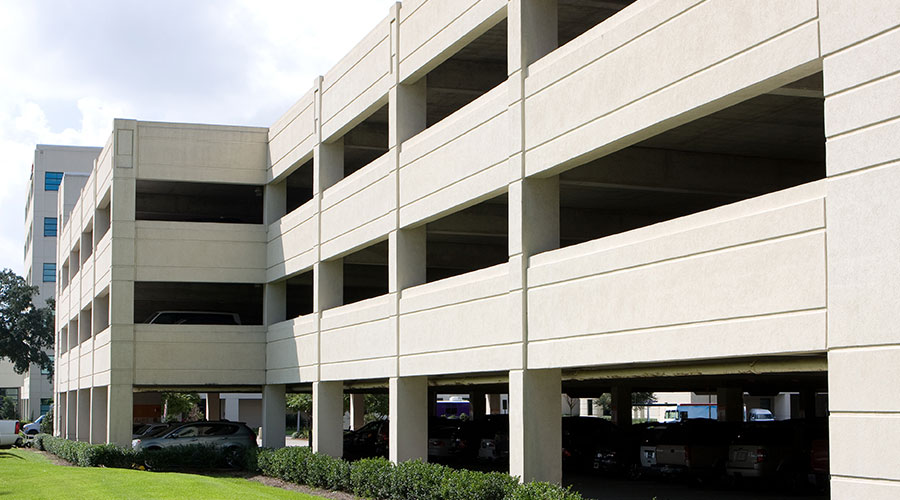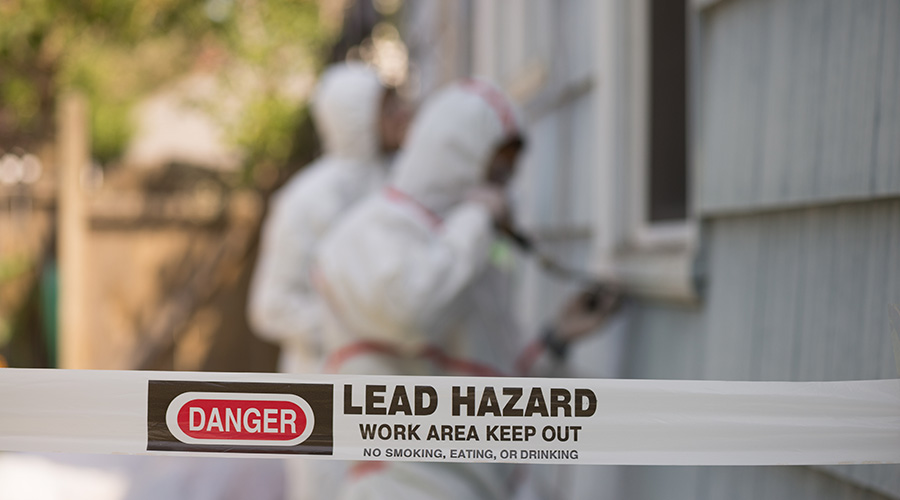Do You Know What You Bring to the Table?
 The two comments arose in different conversations. But each one reminded me of an issue maintenance and engineering managers tend to overlook: the knowledge of both technical and management issues they have gained on the job.
The two comments arose in different conversations. But each one reminded me of an issue maintenance and engineering managers tend to overlook: the knowledge of both technical and management issues they have gained on the job.
The first comment came from a manager with a K-12 public school district. He and I were discussing the role of training, education and certification at the management level. He says he generally believes in such efforts, he also said this:
“Sometimes, a certification is just a snapshot in time.” Too often, he said, by the time a manager brings the knowledge gathered to earn the certification back to the organization, it’s outdated. As a result, the effort fails to have the impact either the manager or the organization wanted.
The second comment came from a manager with a university medical center. In talking about the changes in his organization in the last decade, he also reflected on how far he’s come as a manager in that time. For example, he recently put together a business plan for a renovation project.
“Now, if you had asked me to do that 10 years ago, I would have just stared at you,”’ he says. Today, he says he does such things almost routinely.
The point here is not to play down the obvious value of training and education, both for managers and for front-line technicians. Advances in facilities technology applications and changes in regulations and standards require that managers devote time and resources to training.
The point is that you, as a manager, might want to reconsider exactly what you bring to your department and organization. Chances are, given your time on the job and the changes your facilities have gone through, it’s more than you realize.
What information and knowledge have you gathered? Maybe more importantly, how can you use it to benefit your department and organization and, yes, yourself?
Think of it this way: It might be worth devoting some time to assessing yourself as a resource because nobody else in the organization is likely to do it for you.
Related Topics:








 The two comments arose in different conversations. But each one reminded me of an issue maintenance and engineering managers tend to overlook: the knowledge of both technical and management issues they have gained on the job.
The two comments arose in different conversations. But each one reminded me of an issue maintenance and engineering managers tend to overlook: the knowledge of both technical and management issues they have gained on the job.


